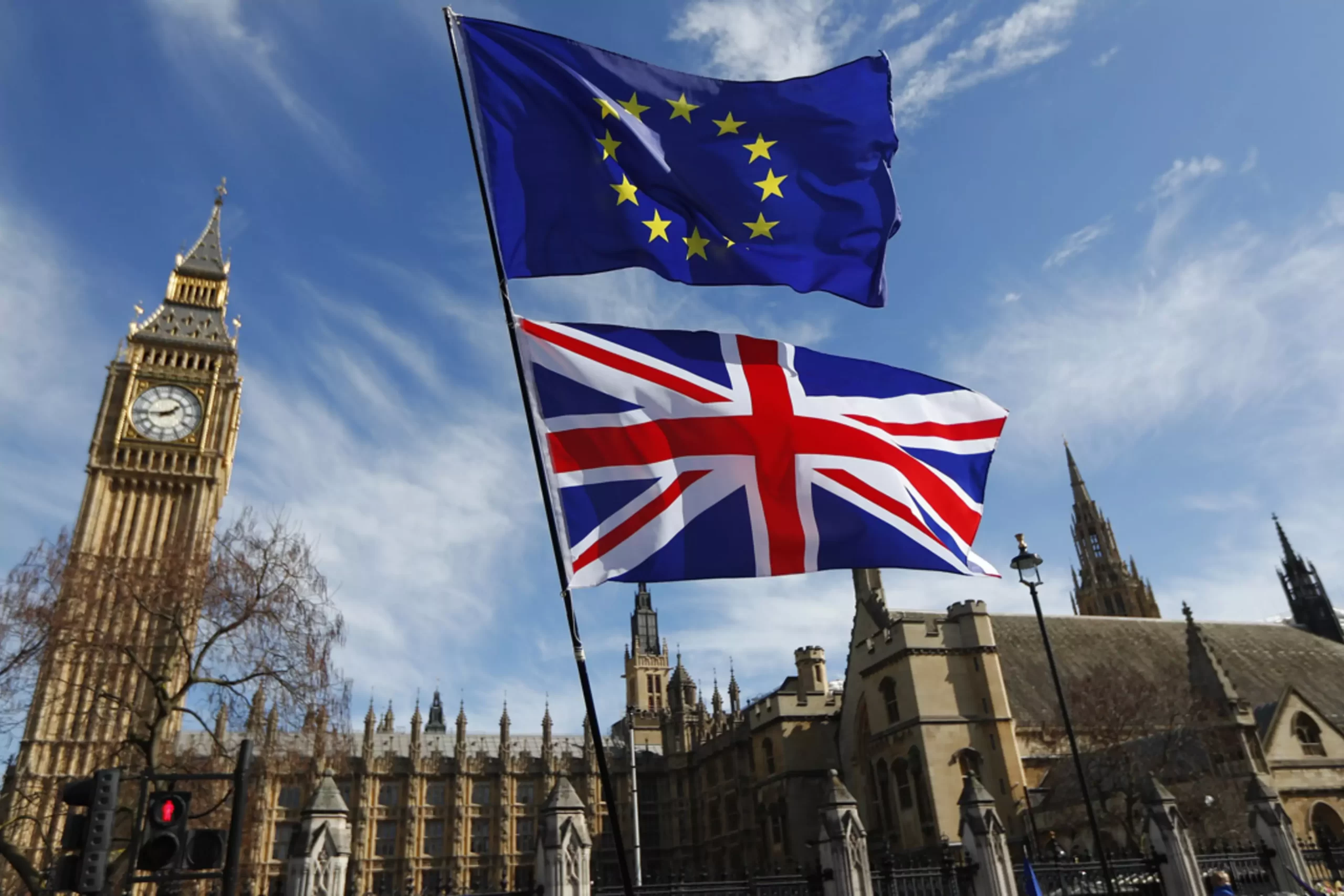Britain’s Economic Problems Need a New Approach

The British economy is in a state of crisis. Growth is stagnant, inflation is rising, and wages are falling. The government’s response has been to cut spending and raise taxes, but these measures have only made the problem worse.
The reason why the status quo won’t solve Britain’s economic problems is because it is based on a fundamentally flawed system. Capitalism is a system of inequality, in which a small number of people own the vast majority of wealth. This inequality leads to a number of problems, including poverty, unemployment, and social unrest.

The gap between rich and poor is widening
The richest 1% of people in Britain now own more wealth than the bottom 50% combined. This is a trend that has been accelerating in recent years, and it is leading to a growing sense of inequality and social unrest.
The widening gap between rich and poor is having a number of negative consequences. It is leading to a decline in social mobility, as it becomes harder for people from poor backgrounds to get ahead. It is also contributing to rising crime rates and social tensions.
The environment is being destroyed
Britain’s environment is under threat from a number of factors, including climate change, pollution, and deforestation. These problems are not being addressed adequately by the government, and they are having a serious impact on the country’s future.
Climate change is already having a number of negative effects in Britain, such as more extreme weather events and rising sea levels. Pollution is also a major problem, and it is leading to an increase in respiratory diseases and other health problems. Deforestation is another major threat to the environment, as it is destroying habitats and contributing to climate change.
Inequality is undermining democracy
Inequality is also undermining democracy in Britain. When a small number of people have a disproportionate amount of wealth and power, they are able to exert a disproportionate influence over the political process. This can lead to policies that benefit the wealthy at the expense of the poor and middle class.
The widening gap between rich and poor is also leading to a decline in trust in government. When people feel that the system is rigged in favor of the wealthy, they are less likely to participate in the political process. This can lead to a more divided and unstable society.
The status quo is not working
The economic problems facing Britain are serious, and they will not be solved by a commitment to the status quo. The government needs to take bold action to address these problems, and it needs to do so in a way that benefits all of society, not just the wealthy few.
There are a number of things that the government could do to address these problems. It could raise taxes on the wealthy, invest in public services, and take action to protect the environment. It could also reform the political system to make it more democratic and accountable.
The status quo is not working, and it is time for a change. The government needs to take bold action to address the economic problems facing Britain, and it needs to do so in a way that benefits all of society.
Conclusion
The only way to solve Britain’s economic problems is to fundamentally change the system. They need to move to a socialist system, in which the means of production are owned and controlled by the people. This would ensure that everyone has a fair share of the wealth, and that the economy is run in the interests of the majority, not the minority.
Of course, there are those who will say that socialism is impossible. They will argue that it is a utopian dream that has never worked in practice. But they are wrong. There are many successful examples of socialist economies, such as the Nordic countries. These countries have high standards of living, low levels of inequality, and strong social safety nets.
The British people have a choice. They can either continue with the status quo, which will only lead to more poverty and inequality. Or, They can choose to build a better future for ourselves, based on the principles of socialism.

- Art
- Causes
- Best Offers
- Crafts
- Dance
- Drinks
- Film
- Fitness
- Food
- Игры
- Festival
- Gardening
- Health
- Главная
- Literature
- Music
- Networking
- Другое
- Party
- Religion
- Shopping
- Sports
- Theater
- Wellness



